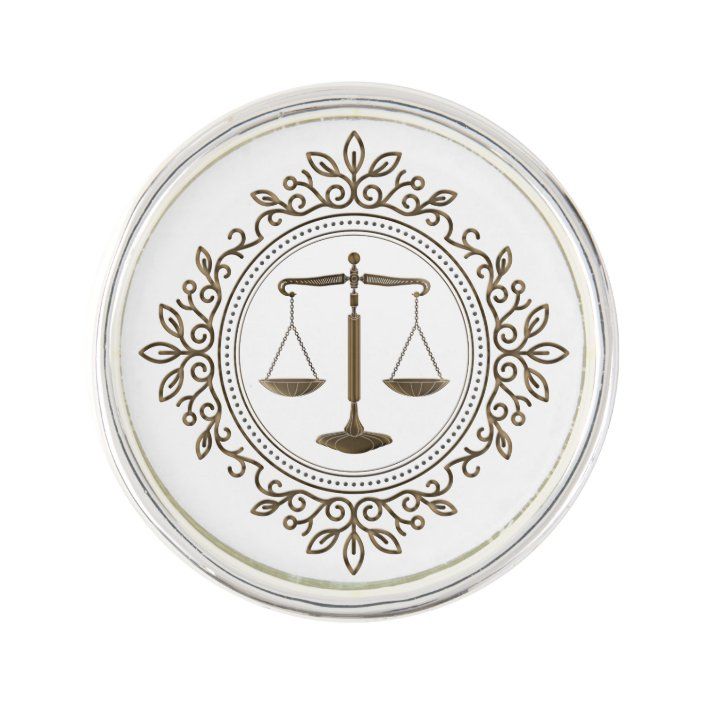Rights and obligations of the lessee in a commercial lease: Legal opinion
Commercial leases are one of the most common types of leases that provide entrepreneurs with the opportunity to use real estate for business. The conclusion of a lease agreement requires a thorough legal analysis of the situation, as well as an understanding of the rights and obligations of the tenant. This article provides a legal opinion on the main aspects of a commercial lease, with an emphasis on the rights and responsibilities of the tenant, as well as the importance of legal advice and the help of an online lawyer in this process.
Tenant rights
- The right to use property
The lessee has the right to use the leased property in accordance with the terms of the lease agreement. This includes the right to access the premises, their use for the purposes specified in the contract, as well as ensuring the proper condition of the property. Consulting a lawyer will help to correctly define the terms of property use in the contract to avoid future disputes.
- The right to change and improve the property
The tenant can make changes and improvements to the leased property with the consent of the landlord. This may include repair, modernization or reconstruction of the premises. It is important to obtain the landlord's written consent to such actions and record it in the contract. An online lawyer can provide assistance in the preparation of relevant documents and provide a legal opinion on the legality of such changes.
- The right to sublease
The tenant has the right to sublease the property with the consent of the landlord. The terms of the sublease must be spelled out in the lease agreement. This right allows the tenant to optimize the use of the property and receive additional income. The help of a lawyer online will be useful for drawing up a sublease agreement and its coordination with the landlord.
Responsibilities of the lessee
- Timely payment of rent
The tenant is obliged to pay the rent in a timely manner in accordance with the terms of the contract. Late payment may result in fines or termination of the contract. A legal analysis of the situation will help to avoid such problems and ensure the fulfillment of financial obligations.
- Ensuring the preservation of property
The lessee must ensure the preservation of the leased property and maintain it in proper condition. This includes carrying out routine repairs and meeting maintenance requirements. A legal opinion may include recommendations on ensuring the proper condition of the property and legal aspects of its maintenance.
- Compliance with the terms of the contract
The lessee is obliged to comply with all conditions specified in the lease agreement. This applies not only to financial obligations, but also to the use of the property in accordance with its purpose, as well as compliance with the rules of the internal procedure and other conditions determined by the lessor. Consulting a lawyer will help to correctly interpret the terms of the contract and avoid their violation.
- Informing the lessor about changes
The lessee must inform the lessor of any changes that may affect the lease relationship. This may include a change of legal address, company reorganization or other significant events. An online lawyer can help prepare appropriate notices and ensure they are sent to the landlord in a timely manner.
Conclusion
Commercial leasing is a complex and multifaceted process that requires the tenant to have a deep understanding of their rights and responsibilities. A legal opinion obtained as a result of a lawyer's consultation allows the tenant to ensure compliance of his actions with current legislation and avoid possible problems in the future. The help of a lawyer online can significantly simplify the process of concluding a lease agreement, ensure its correct execution and protect the tenant's rights in case of disputes.

































